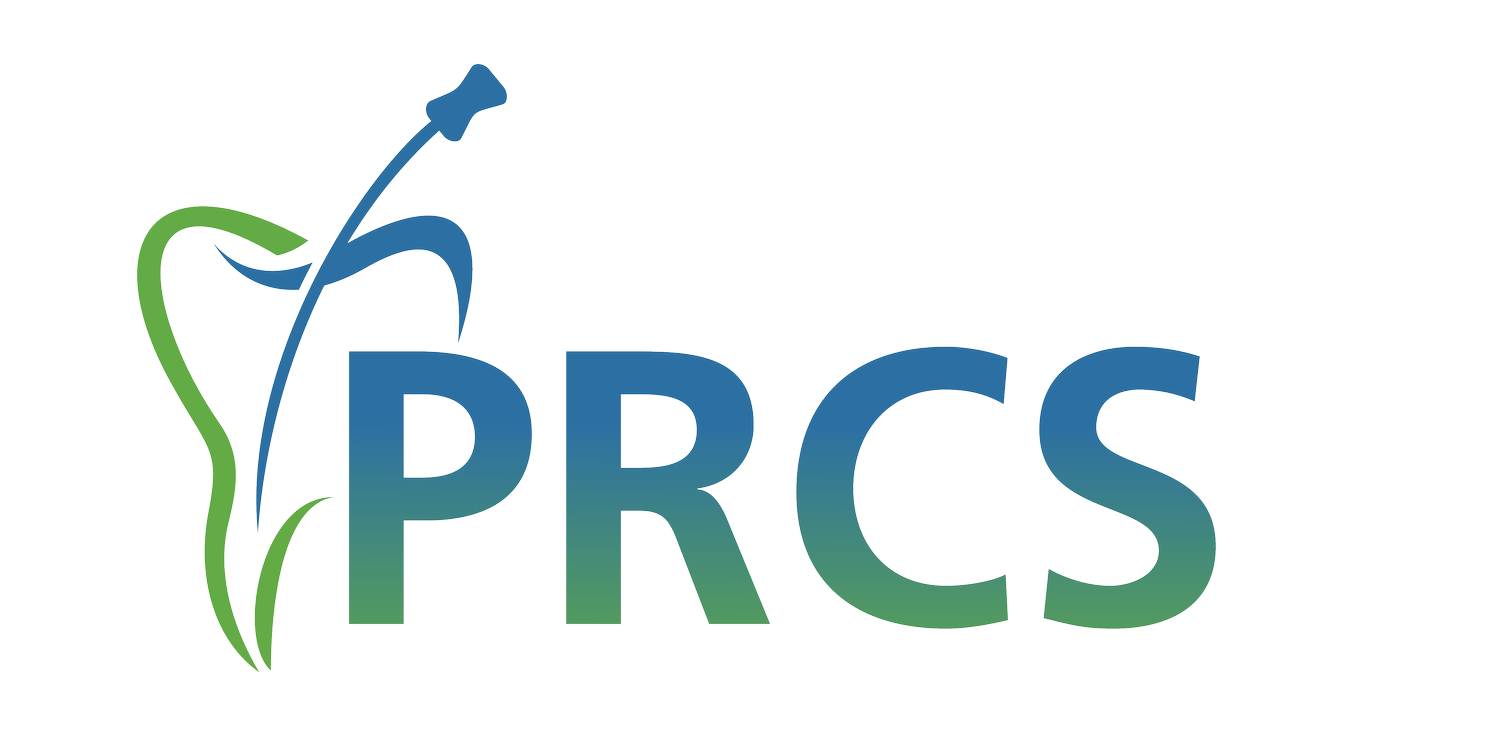Experience Root Canal Care, Redefined.
Where Washington DC’s top endodontists combine advanced technology, precision, and comfort to make your visit truly painless.
Our natural teeth are worth saving.
“We live in a disposable, all-things-recyclable era. Yet some things are truly worth saving, preserving and revering. Take our teeth, for instance: a gateway to nutrition, a sign of emotion, a signal of overall good health. Our natural teeth are worth saving. And no one is better equipped to do that than an endodontist."
FAQs
What’s the difference between an Endodontist and a Dentist?
Endodontists are dental specialists who diagnose and treat complex causes of tooth pain, particularly issues that involve the inside of the tooth—the pulp and root canals. Often referred to as the "specialists in saving teeth," endodontists use advanced techniques and technologies to relieve pain and preserve natural teeth.
Their most common procedure is root canal treatment, which removes infected or inflamed pulp tissue, alleviating pain while saving the natural structure of the tooth. But their expertise goes far beyond routine care. Endodontists are trained to handle difficult cases, such as:
Persistent tooth pain with no obvious cause
Cracked or traumatized teeth
Retreatment of previous root canals that didn’t heal properly
Surgical endodontic procedures (like apicoectomy)
Thanks to their specialized training—usually 2–3 additional years beyond dental school—endodontists are skilled at managing pain efficiently and comfortably, often with the help of modern tools like 3D imaging and operating microscopes.
In short, if you're dealing with tooth pain, especially deep inside the tooth, an endodontist is the go-to expert for lasting relief and preserving your natural smile.
Do I need a referral from my dentist first?
You do not need a referral to see a root canal specialist. However, most patients are referred by their general dentist to our office. We can recommend a trusted general dentist as well, if needed.
Am I a candidate for a root canal?
You could be a candidate for a root canal if decay or damage has allowed bacteria to infect the pulp inside your tooth. A root canal could also be the right treatment for you if you prefer to preserve as much of your natural tooth as possible instead of extracting both the healthy and diseased portions of your tooth. For more information about root canals and whether they are right for you, schedule a consultation at your earliest convenience.
What should I expect during my root canal treatment?
If you undergo a root canal, the first step in your procedure will involve a local anesthetic. Once your tooth root is numb, the diseased portion of your tooth pulp will be removed and potentially treated for bacterial infection. The tooth will then be sealed and filled before being restored with a crown.
What type of post-treatment care is required after a root canal?
It is normal for teeth to become inflamed after a root canal, potentially causing sensitivity for the first several days following treatment. However, normal brushing and flossing habits can be resumed immediately after treatment and restoration is complete. Treated patients must return to their general dentist within 2-4 weeks for a permanent crown.
Do I still need a root canal if the pain has gone away? What happens if I delay the root canal?
If you have been prescribed a root canal, you still need to get treatment even if the pain seems to have gone away. It is common for dental pain to come and go. But that does not mean the tooth can go untreated. Delaying the process can cause further dental problems.
My doctor recommended that I see a specific doctor. Will he/she be upset if I get treatment from another doctor?
We value our referrals and will make every effort to schedule you with the requested endodontist. If the endodontist is unavailable, we can schedule you with another one of our trusted endodontists. Your general dentist and our priority are the same: to get you treated with excellence and out of pain comfortably.
Does anything change by using another endodontist for treatment?
All of our doctors are highly trained and certified to specialize in endodontic treatment. Each endodontist in our practice will give you the special care and attention you need to ensure you have a good experience and a successful outcome.
What should I do if I have pain after my treatment?
If you have pain after your treatment, please follow the post-op instructions provided to you after your visit or call us. If you need medical attention, please call 911.
What is the cancellation policy?
We understand things come up unexpectedly. We ask that you provide a four-hour notice when canceling your appointment. If a four-hour notice is not provided, there is a fifty-dollar cancellation/no-show fee.
I do not have insurance, but I am interested in your financing options. Please explain my options.
Getting our patients the treatment they need is our priority. We understand financial obligations can delay this process, and we are pleased to offer a Treat-Now-Pay-Later financing option to ensure all patients have the opportunity to save their natural teeth.
When will I know how much my estimated out-of-pocket costs will be?
Our expert billing specialists will verify your insurance and get a breakdown of your dental benefits. Someone from our team will contact you two days before your scheduled appointment to review your estimated cost. To ensure a quick response, please provide the most accurate insurance information to the scheduling coordinator at the time of scheduling.
Is there parking available?
The building entrance is located between CorePower Yoga and Magic Fingers Hair Studio.
If you can find parking in front of the building, you may pay the meter. Otherwise, parking is available for a fee at 625 H St NE, Washington, DC 20002.
You may also park free of charge at the Giant, located three blocks down at 300 H St NE, Washington, DC 20002.

